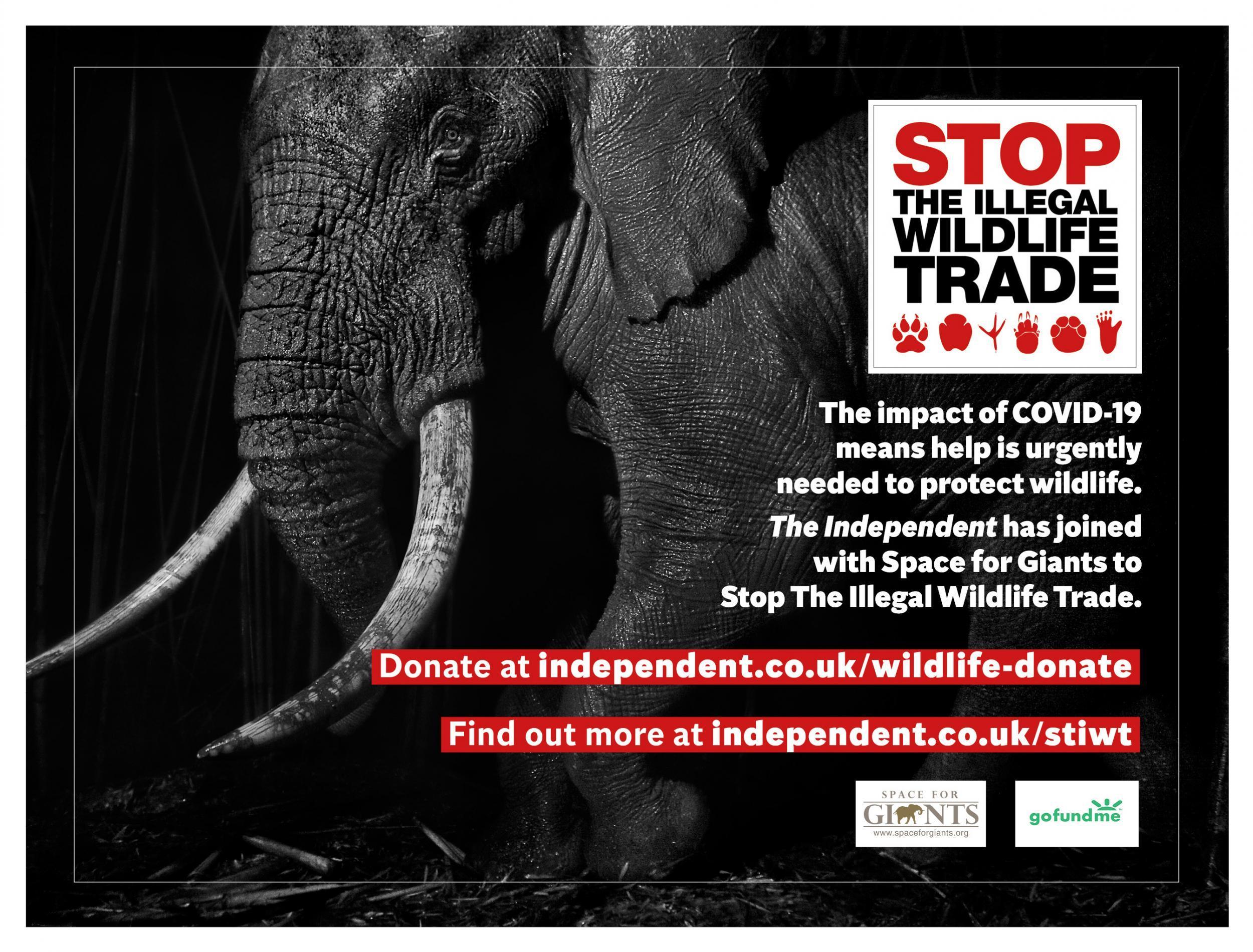Prove nature’s value to protect wildlife and avert pandemics, economists urge
We are protecting wildlife at risk from poachers due to the conservation funding crisis caused by Covid-19. Help is desperately needed to support wildlife rangers, local communities and law enforcement personnel to prevent wildlife crime. Donate to help Stop the Illegal Wildlife Trade HERE
Boosting businesses that protect nature but also bring benefits to people and governments is the best way to prove the value of conservation in Africa, two of the continent’s leading economic thinkers have said.
The economic value of every acre of land in countries with some of the world’s fastest growing human populations needs to be proven, they say. Quick wins like logging or farming have so far won out over conserving wildlife habitats.
But nature-based businesses can compete against extractive industries if governments and people grasp their economic as well as ecological benefits, according to Fred Swaniker, a Ghanaian entrepreneur and education pioneer, and Clare Akamanzi, the head of the Rwanda Development Board.
That will help protect wildlife species, conserve habitats that provide clean air and water, and keep human development distant from animal species that carry deadly diseases, they said.
The pair took part in the second in a series of webinars hosted by The Independent as part of its Stop The Illegal Wildlife Trade campaign, in partnership with international conservation organisation Space for Giants.

“Poverty in Africa is often so high we can’t do conservation for conservation’s sake,” Mr Swaniker said. “We need to show people how nature benefits them and how it’s the pathway to the prosperity that they need.”
His African Leadership University’s campus in Kigali, Rwanda, was dedicated to mentoring a new generation of young Africans aiming to transform conservation into a growth sector.
“As an economic sector this is one that has tremendous unfulfilled potential,” Mr Swaniker said. “As we look at developing Africa we can’t just copy the rest of the world, we have to look at what we as Africans have that is unique to the continent. One of the things that we have that is a true competitive advantage is nature, some of the unique biodiversity in the world that can therefore really be leveraged for growth.”
Rwanda has transformed itself into one of Africa’s fastest-growing and modernising economies. That growth has in huge part been driven by wildlife tourism, Ms Akamanzi said.
“We look at wildlife as wealth for our nation,” she told the webinar. “We focus on how you translate that into the wealth of the people. We should never forget communities [that live near wildlife habitat]. They are the immediate custodians that you want on your side. When you involve them, you reduce poaching, and they are very closely interlinked with your objectives.”
Tourism and conservation contribute 7 per cent of Rwanda’s GDP and bring in more foreign business than any other sector, she said. Tourism investors had opened the way for other enterprises to follow.
Key to that success was strong leadership, transparent laws, and making it easy to do business, Ms Akamanzi added.
Join our commenting forum
Join thought-provoking conversations, follow other Independent readers and see their replies
Comments
Bookmark popover
Removed from bookmarks